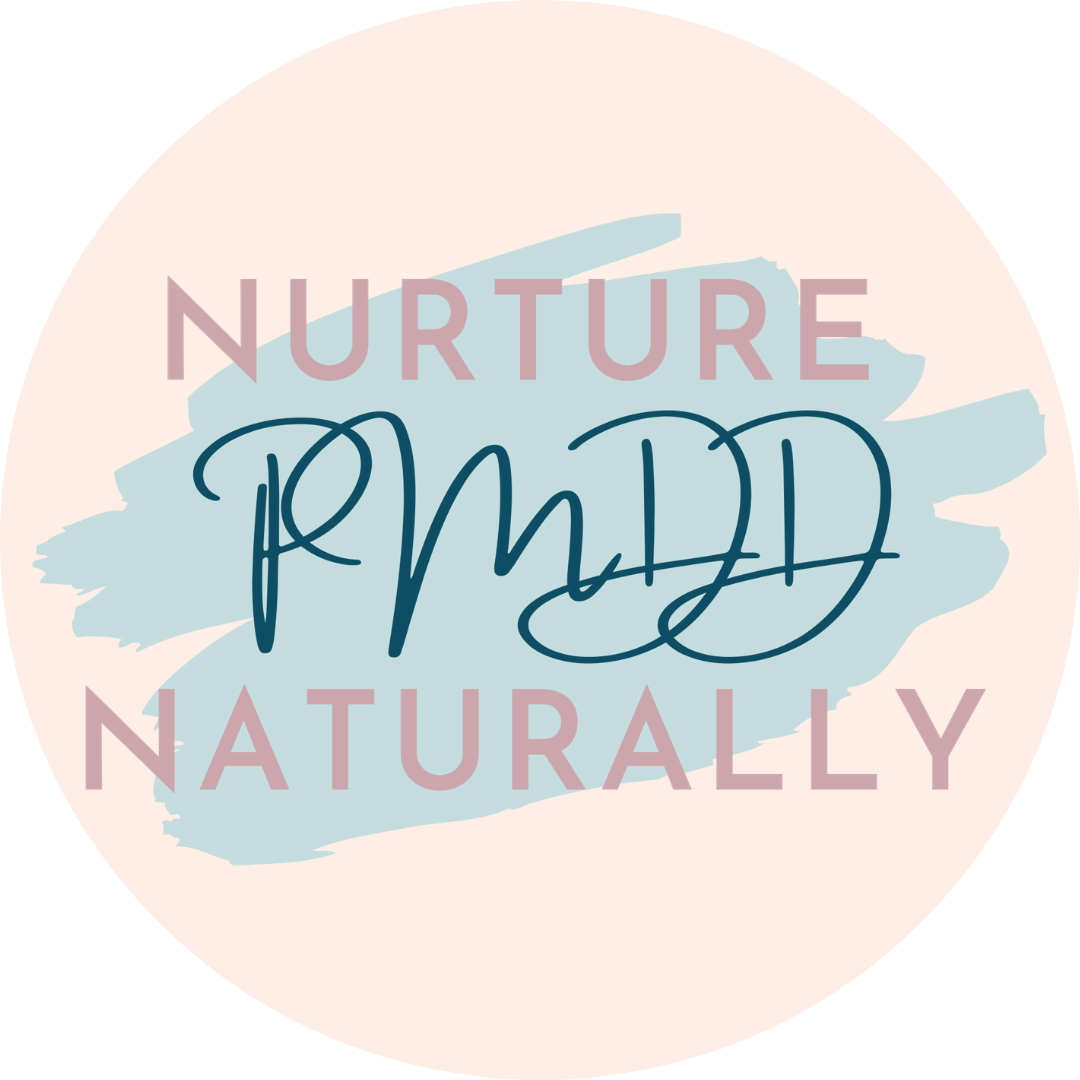What is Hypnotherapy
All you need to know about the oldest therapy in the world and how it can be so powerful when managing PMDD
What is Hypnotherapy?
Hypnosis has been used therapeutically for centuries, with the earliest references dating back to ancient Egypt and Greece. They used hypnosis to induce dreams and then analyse them to work out the connection in their lives. The word ‘hypnos’ is the Greek word for sleep and also the name of the Greco-Roman god of sleep. One of the more modern and prevalent pioneers of hypnosis was Franz Mesmer (1734 – 1815). Funnily enough, the word mesmerise derives from his name.
Since then, there have been countless pioneers and today we have come a long way with research which shows the true power of hypnosis for a number of different conditions.
In fact, it is used in place of, or in conjunction with anaesthesia for a number of surgical procedures in Belgium and the UK which goes to show how powerful the mind is.
Have you ever daydreamed? Ever driven somewhere and not remembered the journey? Got so engrossed in a task you haven’t noticed what’s going on around you? Heard someone talking to you but your mind is miles away?Those are all forms of hypnosis. Maybe you’ve lost a chunk of time or completely forgotten sections of a situation you were part of. Athletes, artists and performers also use it to train the mind-body connection and get into the ultimate mindset for the task at hand, it is a very powerful tool that can be harnessed for all sorts of things.
How does it work?
Hypnosis is simply an altered state of consciousness that we all experience regularly, and we often don’t even realise it. When we use it therapeutically, we give positive and relevant suggestions to get to the root of the issue and this forms, repaves, weakens and strengthens neural pathways which hold all your thoughts, beliefs, behavioural patterns and everything you’ve ever experienced.
Hypnotherapy is the therapeutic and clinical use of hypnosis. It is thought the REM state (when one is in the hypnagogic state, like just before you fall asleep) is when hypnosis is most valuable, this is when the unconscious mind is more suggestible and receptive to ideas and positive change. It can go to the root cause of issues which allows the therapist to work to undo behaviours and create new, healthier ones.
In a regular session, the hypnotherapist and client will discuss what brought them there and they will be asked a series of questions as part of the consultation to establish the best treatment method based on the individual. Then it’s time to get comfortable, usually in an upright position with their head supported and maybe some blankets or cushions to keep warm. Then with closed eyes, the hypnotherapist will take them on a journey that feels much like a pleasant dream and work on their subconscious as mutually agreed. They will give positive suggestions to rewire and create neural pathways which govern our thoughts and behaviours.
It is so powerful, it is also used in place or in conjunction with anaesthesia in many medical settings in surgery where it cannot be used such as brain surgery or if the patient has a phobia or allergy to anaesthesia.
Is it safe?
Yes, extremely safe and very effective, although there are some conditions and circumstances where it’s not recommended. But in a regular scenario where it is safe to perform hypnosis, the person being hypnotised is in control the whole time and can’t be made to do anything they don’t want to do, plus if there was an emergency they could wake up in an instant.
Make sure you find a qualified practitioner who is insured and is a member of a trusted accrediting body; only practitioners who are fully qualified to a strict high standard with ongoing training can get insured and join these bodies, and like any industry, there are a few charlatans out there so make sure you get someone who really knows what they’re doing clinically. They will also do a full consultation to ensure it is an appropriate therapy for your circumstances.
Hypnotherapy is very different to stage hypnosis so don’t confuse the two. You will never be asked to cluck like a chicken or anything else just as ridiculous, you really are in control the whole time!
What does it feel like?
It’s like being in deep, guided meditation or a pleasant, relaxing dream world where you feel warm, safe and cocooned. It’s relaxing, supportive & very healing. It can also bring out other emotions such as sadness, frustration, anger or even humour – there is no right or wrong and everyone responds differently according to their experience and inner worlds.
The key is to just let go and go with the flow, your mind will do what it needs to heal, strengthen and re-pave.

